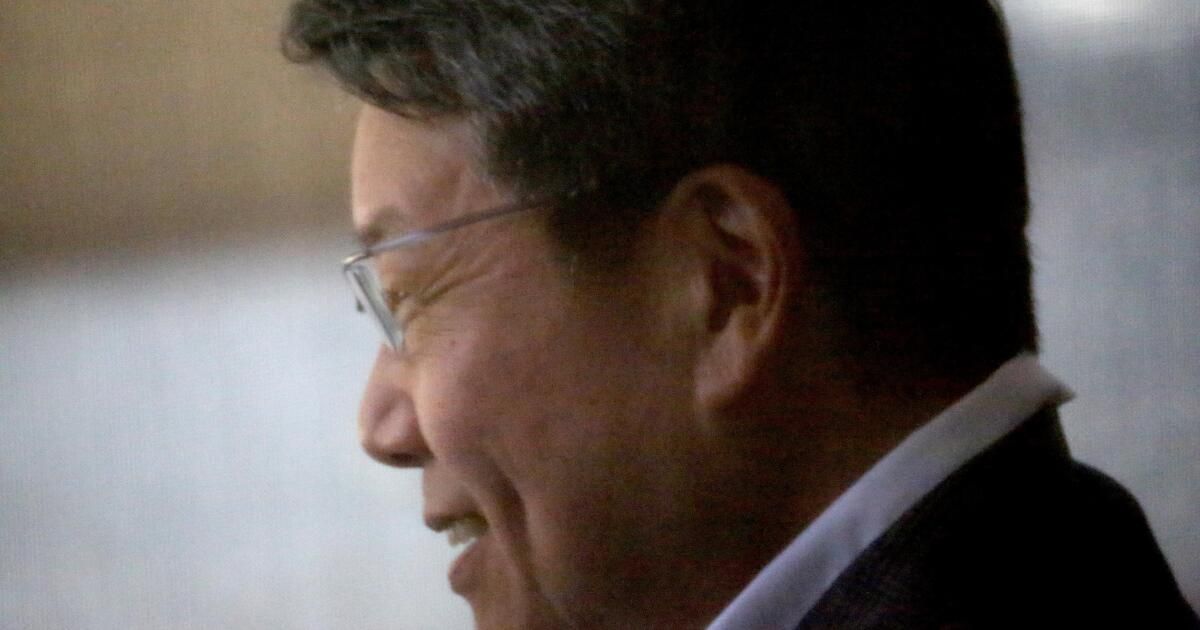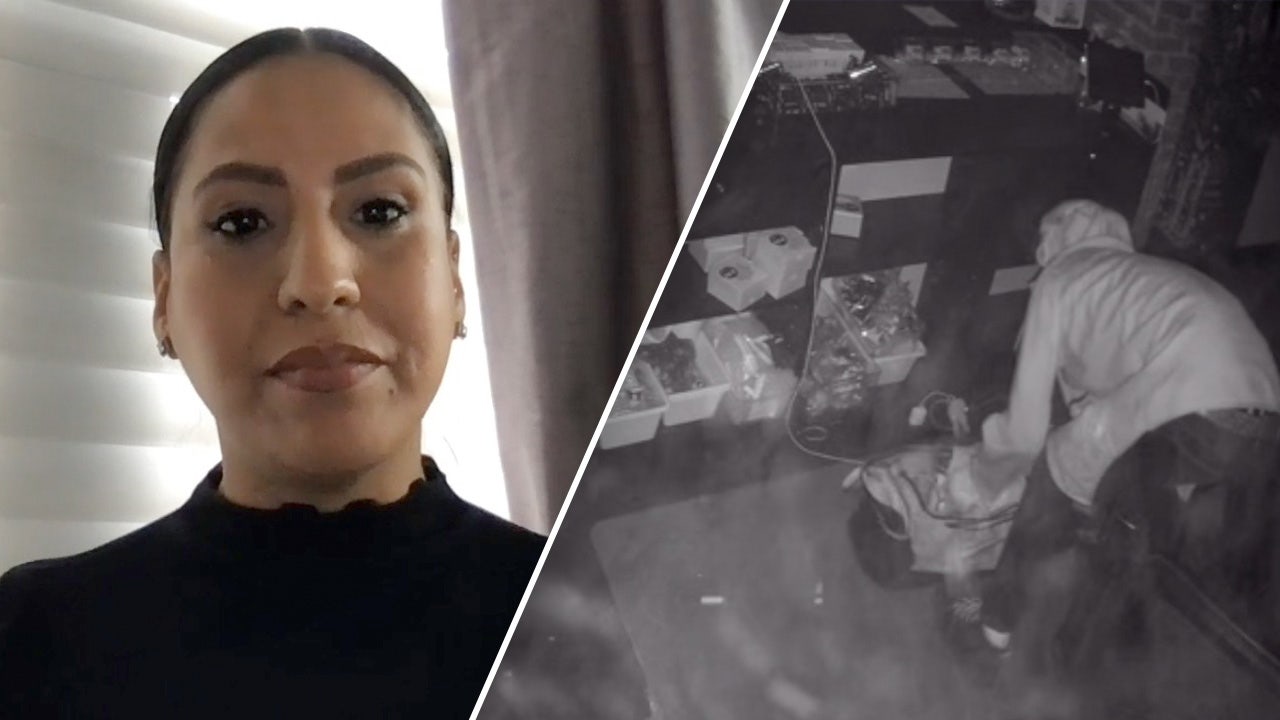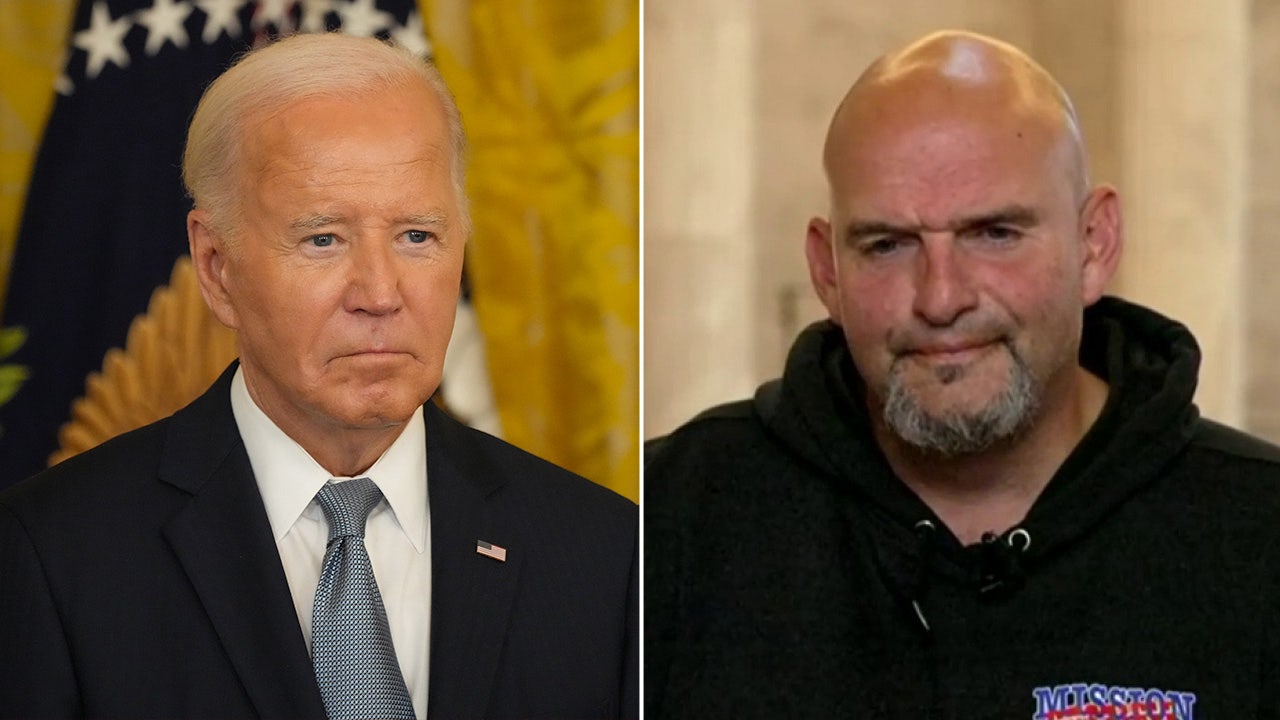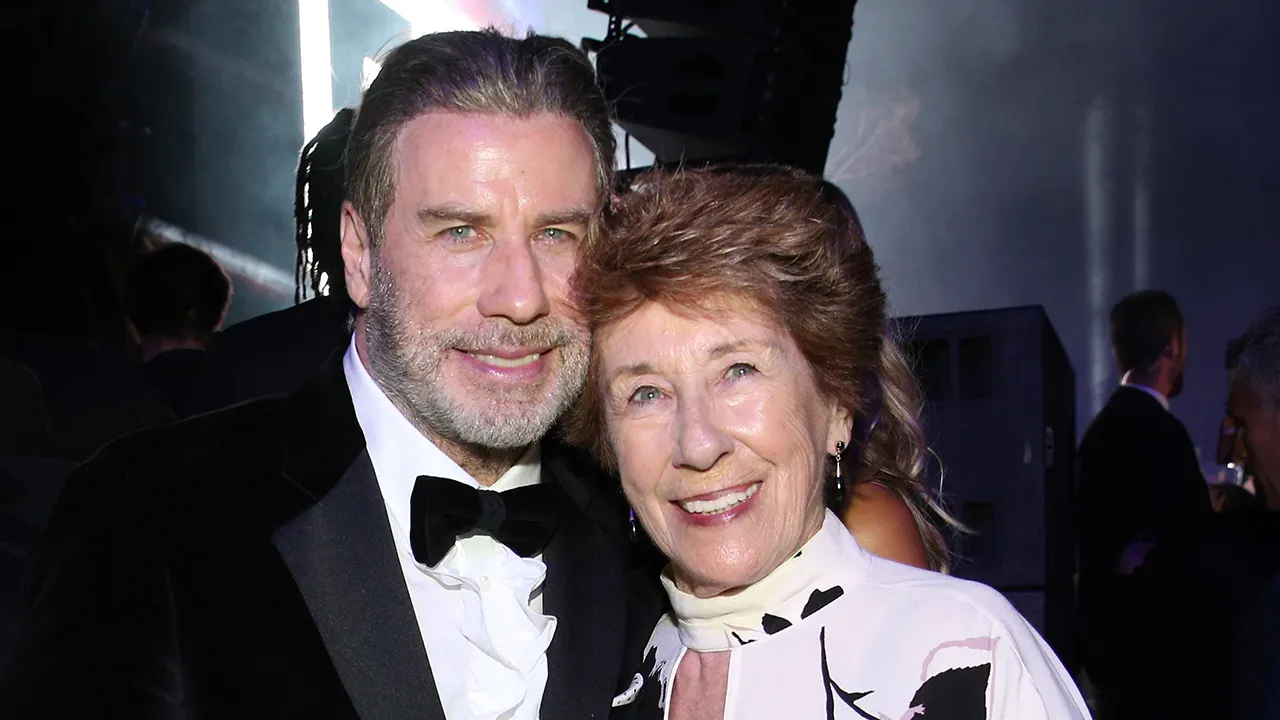The raid of armed federal immigration agents on his beloved hometown of Los Angeles shocked Kent Wong.
The union leader and educator spent the summer vigorously organizing training sessions for more than a thousand workers and union organizers to peacefully protest the Trump administration's crackdown on immigrant communities. It was work he had done for much of his life, but which, he said, had now taken on more urgency.
“This is a moment that demands massive, thoughtful action,” Wong told the Times in an interview in July. “How could this blatant racial profiling, the terrorizing of Los Angeles communities, happen without a direct challenge to this injustice? That's why we came together.”
Wong, who spent decades teaching a doctrine of nonviolent resistance, died Wednesday in a Los Angeles hospital at the age of 69, due to cardiopulmonary failure with complications from endocarditis.
His family and longtime colleagues said the principles of understanding and peace he espoused reflected how he conducted himself in his personal life as well. He was also known for closely championing the cause of supporting immigrant workers, as well as encouraging Asian American union leaders.
“At the center of everything Kent did was his unwavering commitment to protecting and uplifting immigrant workers,” California state Sen. Maria Elena Durazo, a former union leader who built deep ties with Wong over decades of working together, said in a statement.
Susan Minato, co-president of the hospitality union Unite Here Local 11, who was involved in organizing summer training sessions with Wong, said that when she founded an affinity group called the Asian Pacific American Labor Alliance in the 1990s, he reached out and brought her on board.
“Huging people and making them feel comfortable and like they belong is nonviolence in an interpersonal way, and he practiced it,” Minato said.
As a fifth-generation Chinese-American, Wong had always understood the struggle of immigrants and sought to connect the labor movement across borders.
He was the son of Los Angeles County Superior Court Judge Delbert Wong, the first Chinese-American judge in the continental United States, and Dolores Wong, a psychiatric social worker and leader in the effort to establish a public library in Chinatown.
Both of Wong's grandmothers, who were born in the United States, lost their citizenship when they married male Chinese citizens, the impact of the Chinese Exclusion Act, which took effect in 1882.
“He saw how citizenship is often a weapon used to divide communities and families,” his son Ryan said.
Wong helped establish sister city relationships between the Los Angeles County Federation of Labor and the Shanghai and Beijing labor councils in China in 2007. Among her unfinished projects was bringing together American and Palestinian labor educators in Jordan to develop cross-border ties and curricula.
Wong's son called him a “gentle, loving man,” recalling how Wong made him and his brother lunch every day while they were growing up, and made dinner almost every night.
“I had the amazing ability to come home, look in the refrigerator, and cook a bok choy dish, a pork dish, and rice and tofu dishes in less than an hour,” he said.
And she talked to her children about conflict patiently and rationally, “about every aspect of what was happening,” Ryan said.
“Instead of just saying, it's that person's fault or your fault, he was always thinking about how we would repair the relationship and move forward together,” she said. “I would say he lived by his principles of non-violence, equality and love at home as well.”
Wong had great admiration for labor and civil rights icon the Rev. James Lawson Jr., who was a longtime mentor to Wong as well as other stalwarts in Los Angeles, including Durazo and the city's mayor, Karen Bass.
Wong grew up in Silver Lake and attended the Los Angeles-based People's College of Law, which was founded with the goal of training legal advocates for underserved communities.
Early in his career, Wong was a staff attorney for a local chapter of the Service Employees International Union. He served as founding president of the United Association. for Labor Education and vice president of the California Federation of Teachers.
He joined the UCLA Labor Center as director in 1991 and greatly increased its ranks, expanding it from three members to 42. He helped secure additional state funding to create a network of labor research centers on nine campuses across UC.
In 2021, with Durazo's support, Wong secured funding from the California Legislature to establish a permanent home for the UCLA Labor Center in the working-class MacArthur Park neighborhood, and the office building was named for Lawson, who died last year.
Bass said the city had “lost one of its greatest advocates for justice.”
“His legacy lives on in Job Centers across the UC system, in the thousands of organizers he mentored, and in every worker who stands out a little more because Kent Wong believed in them,” Bass said in a statement Thursday.
Wong's death followed the unexpected death of another person that shocked the local community, Buena Park union leader Andrea Zinder, who was a 42-year veteran of the United Food and Commercial Workers union in Los Angeles and Orange counties.
Wong is survived by his two children, Ryan and Robin; his wife, Jai Lee; his sister, Shelley Wong Pitts; and a brother, Marshall Wong. Another brother of his, Duane Wong, died in 2016.












